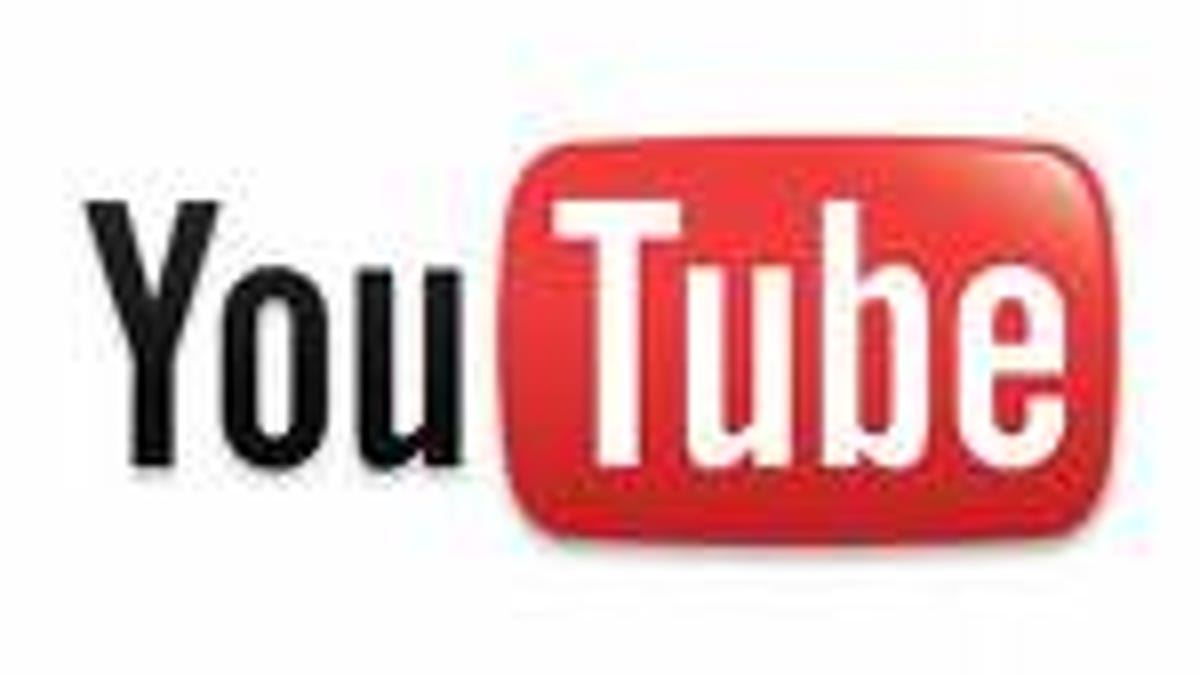YouTube adds pro content, potential profits
YouTube has unveiled a shows and movies section on its site. And Don Reisinger thinks it's about time the company get into the professional side of things.

If you've been following The Digital Home, you know that I said on numerous occasions that Google needed to bring professional content to YouTube.
Well, it has done just that.
Google announced last week that YouTube will now feature television shows and films from Crackle, CBS (publisher of CNET News), MGM, Lionsgate, Starz, and others. The company claims there are now thousands of shows and hundreds of films available on the site. The videos feature pre-roll ads, as well as in-stream commercials, similar to Hulu. All the content is currently limited to U.S. viewers, but Google hopes to open it up to international viewers in the future.
Though Google has dabbled in professional content via partnerships with Seth MacFarlane and film studios in the past, this is the first meaningful step it has taken to make YouTube more reliant upon professional content. It's about time.
YouTube has a problem: it's hard to monetize. In its 2007 filing, Google said YouTube revenues were "not material" to its financial statements. A 2008 Forbes report pegged YouTube revenue at $200 million annually. CreditSuisse analyst Spencer Wang, reported earlier this month that he expects YouTube to incur a $470 million loss in 2009 alone.
Financially, YouTube has been a loser. The reason is simple.
Most advertisers are wary of advertising in YouTube videos because the content isn't controlled. Would Dove soap really want its ads running in the middle of a 10-minute, profanity-laced rant about political theory from a random user? Would Microsoft want its laptop-hunter ads running in a video railing against Windows? All the user-generated content, while a traffic winner, isn't regulated. It scares off advertisers.
And that's precisely why YouTube's professional content is extremely important to the future of the site. All the shows and movies the section now offers were produced in a controlled environment, so the advertiser knows what it's getting--if not the exact content, then at least the standards the content was created to. The content was created to fit within decency regulations, and all of it individually targets a specific demographic. Armed with that reassurance, advertisers are now more likely than ever to invest in in-stream ads on YouTube.
But user-generated content is still important. It attracts 100 million viewers per month to the site and it will probably be the main source of traffic to the professional pages. For once, YouTube's user content will help Google generate meaningful revenue.
As its collection of films and shows grows, YouTube will become the central hub for video entertainment on the Web. I can go to the site to see a favorite music video or to check out a funny clip a friend recommended. After I'm done viewing that, I can skip over to the professional content to check out an old episode of "Alf" or "Dirty Jobs." With this single announcement, YouTube has become an even more attractive site.
But YouTube's professional content isn't without its flaws. There are few major shows on it today, and most of the movies are awful. "Alf" and its ilk are just the start, though. I think most people will find one or two commercial shows on YouTube worth watching.
Meantime, Google can fulfill its promise to attract more advertisers, bring in more shows, and turn YouTube into what I think it could become: the top destination for all the best video on the Web. In the process, I think we'll see more advertisers than ever flock to YouTube, helping it inch toward profitability.
Related: What does Hulu offer that YouTube doesn't?
Check out Don's Digital Home podcast, Twitter stream, and FriendFeed.

